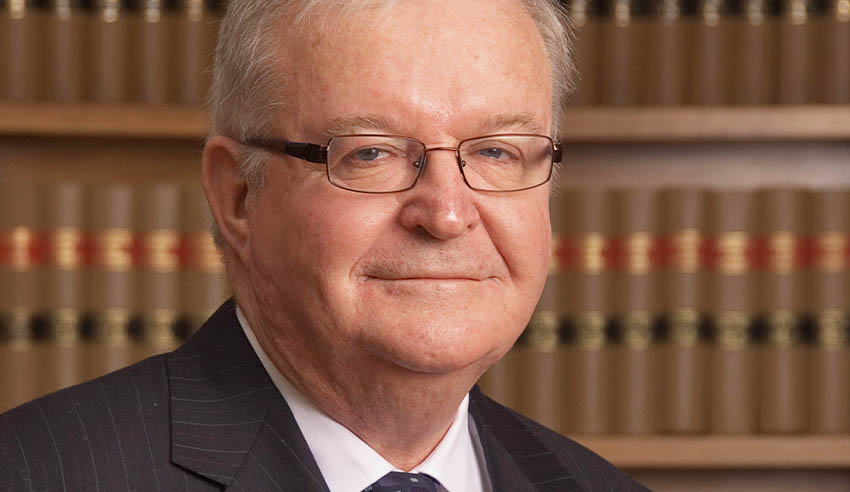Prompted by former attorney-general Christian Porter’s dismissal of an inquiry into a historic rape allegation, “careless” definitions of the rule of law have continued to circulate and undermine legal processes, the NSW Chief Justice has said.

Amid his strenuous denial that he raped a woman 33 years ago, Christian Porter incorrectly claimed that an inquiry would compromise the rule of law, driving miscommunication in political spaces that in turn confused the public and undermined their confidence in the judiciary and normal legal processes, the Chief Justice said in a recent speech.
Speaking at the District Court’s annual conference, the Honourable Chief Justice Tom Bathurst AC said he has been troubled by the discourse around the rule of law by politicians, the media and the public. He said that what has become clear is that there are “profound misunderstandings” about what the law actually is.
“When the phrase is carelessly or incorrectly bandied around by the loudest voices in society, this undermines the reputation and mandate of rule of law processes. More fundamentally, however, is that the rule of law is weakened when the community or a sector of the community loses trust in its governing institutions,” CJ Bathurst said.
At its essence, he said the rule of law is an overarching concept concerned with protecting the arbitrary exercises of power, which are then elaborated upon by more specific principles. More importantly, no one – including government officials – is above the law, “and the law should apply equally to persons in like circumstances”.
CJ Bathurst said that those in positions of power are equally subjected to the law and the public trusts that this is the case. Impartial civil proceedings and inquiries – like those called for to examine the allegations – fall under this rule of law.
Addressing Mr Porter’s claim that he would somehow have to prove his innocence if an inquiry were to go ahead, CJ Bathurst said the presumption of innocence is not “done away with” in civil matters and the onus remains with the instigator of the action.
Turning his attention to those who have already judged Mr Porter, CJ Bathurst cautioned that calls for inquiries and incorrect conversations about the rule of law have made the processes much more difficult, especially when social media users pass judgement on others in the absence of any adjudication as to guilt or otherwise.
“To confront those difficulties, I believe that those with knowledge of the law have a responsibility to clarify existing misconceptions,” CJ Bathurst said. “It is possible to do this without bringing a partisan viewpoint into the discussion.”
